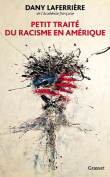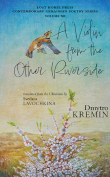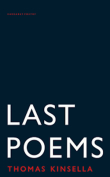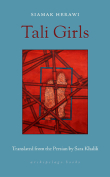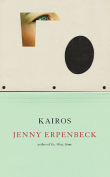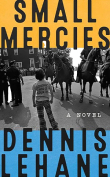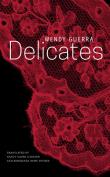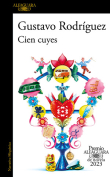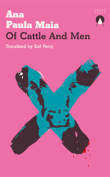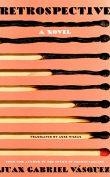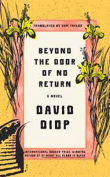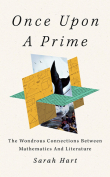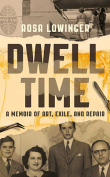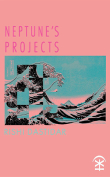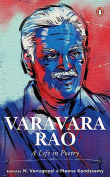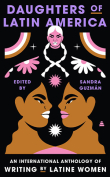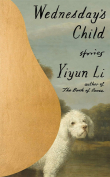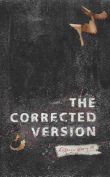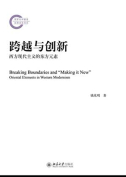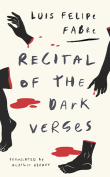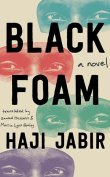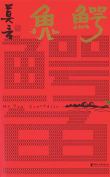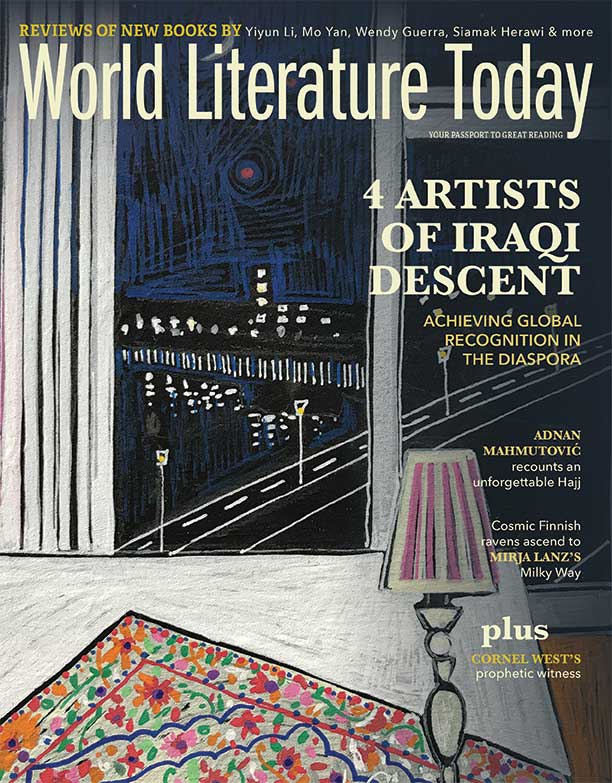Varavara Rao: A Life in Poetry by Varavara Rao
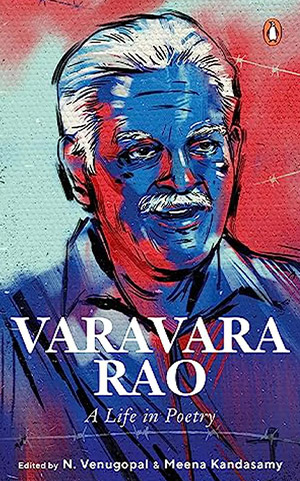 Gurugram, India. Vintage. 2023. 119 pages.
Gurugram, India. Vintage. 2023. 119 pages.
Varavara Rao (b. 1940) is considered the foremost twentieth-century poet of Telugu, spoken by approximately ninety-six million people. A major Indian public intellectual, he is the author of fifteen volumes of politically engaged, modernist poetry that boldly speak truth to power on issues of social and economic justice. A Brahmin by birth, a communist by disposition, he defends the progressive elements of India’s minorities: Dalits (“oppressed,” formerly “untouchables”); the indigenous tribal Adivasi (“original inhabitants”) who have rebelled against the government’s infringement of their lands and rights; Muslims lynched and otherwise punished for publicly protesting or eating beef; and other victims of Hindutva (“Hindu-ness”), the current, dominant political ideology of Hindu nationalism, which seeks to enforce Hindu hegemony throughout India.
Various poems were written in response to significant contemporary events. “Assassination of Satyam” is an ode to the Adivasi leader Vempatapu Satyanarayana, aka “Satyam” (truth), killed after an armed struggle against government forces in 1970. “Bhopal” memorializes the ghastly Union Carbide 1984 gas leak when “Human habitations” became “crematoriums” for three thousand victims, due to “fingers that fumble in the dark.”
Other poems treat less visible events, often involving children. In “Where Has the Puppy Gone,” a young boy questions the loss of his pet, with hopes of seeing it in heaven. In “‘No classes tomorrow,’” a prisoner in a police van waves to a crowd of children on their way home from school with his handcuffed, raised fist. He muses, “They sniff a message” that “‘Tomorrow there won’t be any classes’” due to crowds of protesters against this arrest, as they “ran with wild joy / Without looking back.”
The introduction by Dalit feminist poet Meena Kandasamy presents salient information about the poet’s life, notably, his arrests, imprisonments, and acquittals. The publication of this volume was in doubt for many months due to the publisher’s worries about the nature of legal charges against the poet. Due to court decisions, strong public support, and efforts led by N. Venugopal, poet, journalist, and founder-editor of the monthly magazine Veekshanam (View), such matters were resolved.
Carlo Coppola
University of California, Los Angeles
